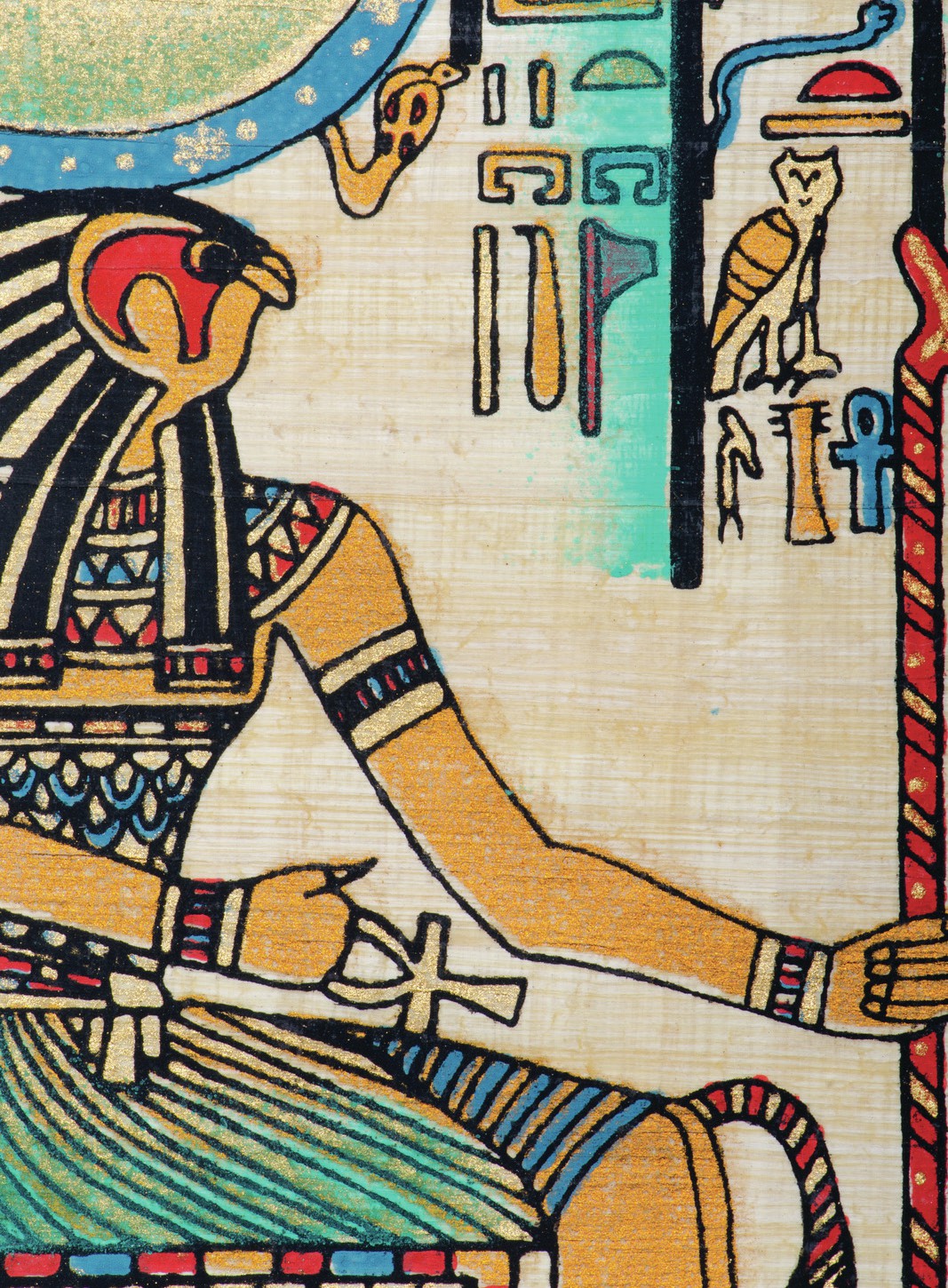
When I was a psychology student I was frequently asked why I was studying it. Some cynics thought that it was just glorified common sense and/or they knew everything about it anyway (without studying it). One person, who clearly disliked it intensely, called it ‘the mystification of the obvious’. I hope we all agree it isn’t, but most people will have heard about the things we study and have their own opinions and views. Hypnosis is a good case in point.
1 As a starting point, ask five friends or acquaintances the simple question ‘What is hypnosis?’ Then look to see what the key elements of their answers are. An example might be ‘being in a trance’. Summarise the answers in Table 1 and consider what features they have in common.
Your organisation does not have access to this article.
Sign up today to give your students the edge they need to achieve their best grades with subject expertise
Subscribe




